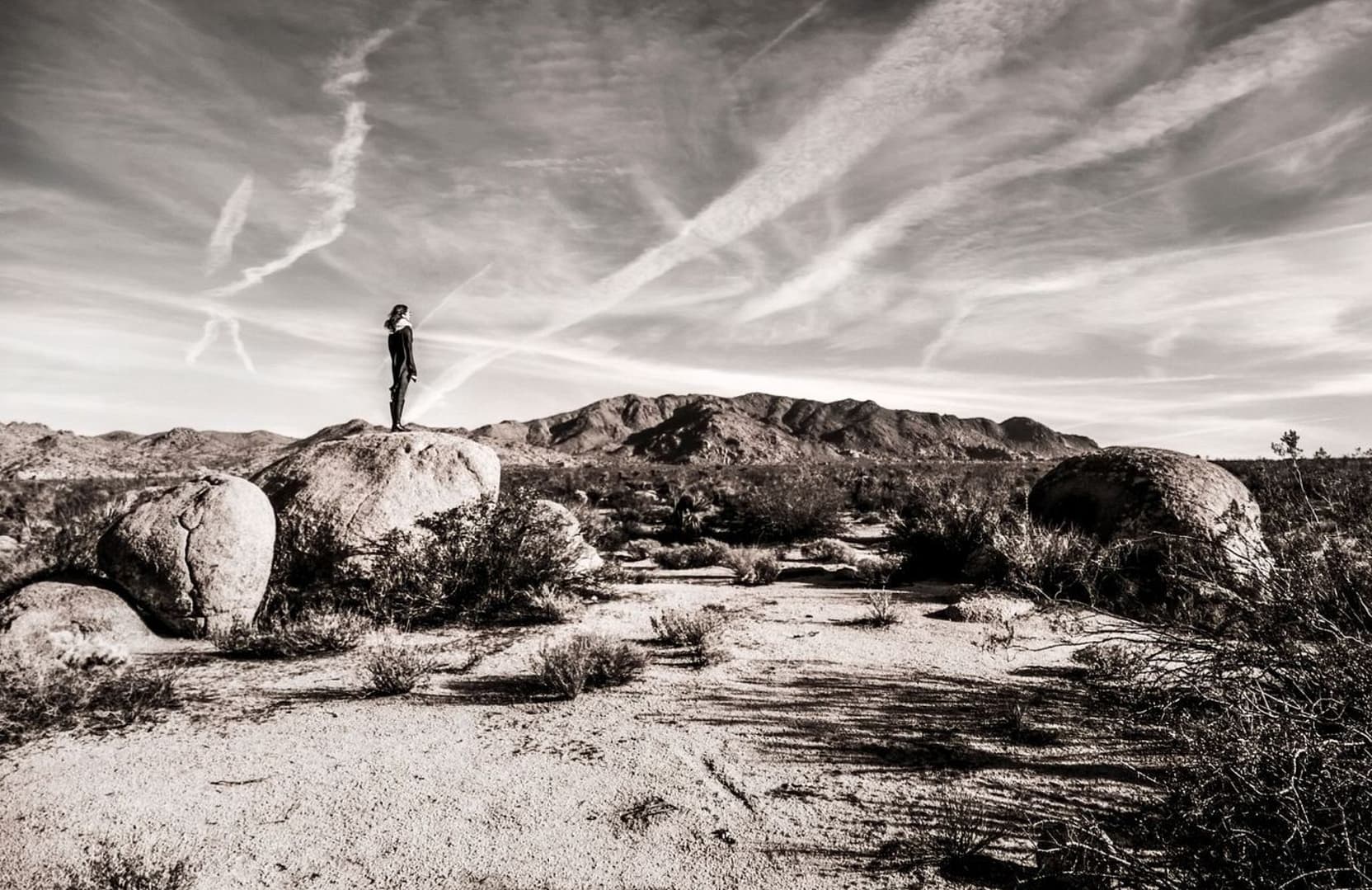I can promise you that women working together — linked, informed and educated — can bring peace and prosperity to this forsaken planet.
Isabel Allende, Author
What Isabel states may very well be true, but worldwide there are systematic barriers in place, and an undeniable vulnerability to danger, which prevent the ascent of women to an equal place among their male counterparts.
Here are just a few examples:
- Of the 195 countries in the world, 61 of them prevent women from holding the same jobs as men.
- Though the gender pay gap varies significantly from country to country, globally on average women make 80 cents to every dollar that men do (in comparable roles).
- Nearly 500 million women are illiterate (compared to just over 200 million illiterate men).
- Only 49% of the world’s countries have achieved gender equality in primary education.
- Less than 20% of the owned land across the globe belongs to women.
- 91% of all victims trafficked for sexual exploitation are women.
- Approximately every 10 minutes, one woman is killed by someone they know.
On this Women’s Equality Day, we want to call attention to the progress that’s been made and also show how much work is yet to be done to achieve a true balance.
Leadership
We’ve all heard the quotes about women being “too emotional” to lead, but is there really anything to that theory?
The following women prove there is not….
The Honourable Mia Amor Mottley, S.C., M.P., was elected as the first female Prime Minister of Barbados in 2018. Since she took power, she’s:
- Made college available to all students through a program she developed, called “Give Back Barbados.” In exchange for having their tuition waived, students fulfill a certain amount of community service hours to further strengthen their country.
- Implemented significant upgrades into the health sector, with the construction of two new clinics and a 40% capacity expansion of the public Queen Elizabeth Hospital.
- Become a global advocate as the leader of the Bridgerton Initiative, which is a plan to reform Global Financial Architecture to address developing countries’ debts in the face of climate change and other crises.
- Achieved the prestigious honour of becoming a United Nations “Champion of the Earth” in 2021.
Benazir Bhutto became the first woman to lead a Muslim state, as the fairly elected Prime Minister of Pakistan in 1988. During her time in office (two separate terms), she:
- Established the First Women Bank, LTD. to employ women and extend small business loans exclusively to women, empowering them as independent entrepreneurs.
- Ended government control of the print media and rehired radio and TV professionals that had previously been dismissed for political reasons.
- Developed the first all-female police station to provide women with a safe space to report crimes and seek justice.
- Implemented flood control measures in rural areas to protect farms.
Active in social justice following her time in office, in 2007, Bhutto was assassinated as she campaigned for an upcoming election. Her legacy will live on.
Xiomara Castro became the first female President of Honduras in 2022, and since taking office, she:
- Proposed that Honduras citizens listen to their Indigenous leaders and protect natural areas by eliminating open-pit mining.
- Developed a program to eliminate deforestation in their country by 2029, recovering land once used by criminals for timber trafficking.
- Restored 65,000 hectares of forests.
- Established a school meal program that fed 1.2 million students.
Claudia Sheinbaum was sworn in as the 66th (and first female) President of Mexico last fall. Since she took office, she’s:
- Increased the minimum wage.
- Placed a limit on oil production and made a commitment to increasing Mexico’s use of renewable energy.
- Added an article into Mexico’s constitution to protect animals from cruelty.
- Introduced a reform to ensure gender parity in government, equal pay for women and a guarantee of freedom from violence.
Jacinda Ardern at age 37, became the world’s youngest female head of government, sworn in as New Zealand’s Prime Minister in October of 2017. During her six years in office, she:
- Was praised for her management of the COVID-19 crises, which resulted in less than 2500 fatalities in her country (of over 5 million residents)
- Took swift action in the aftermath of a mass shooting—effectively banning all military-style automatic firearms within a week of the tragedy.
- Introduced legislation to reduce child poverty and provide a framework for future accountability.
- Established a families package, which included paid parental leave, tax credits and additional support for low and middle-income families.
Education
How do we advance gender equality? The first step is education. The World Bank shows how everyone benefits when girls have access to education. To support girls’ education, there are a variety of ways you can help:
- If you live in a country with democratic elections, vote for leaders who prioritize gender equality and public education opportunities for girls.
- Donate to our Cynthia Lennon Scholarship for Girls, which provides educational opportunities to underprivileged female students worldwide. Start here to become a monthly member of The Muse, or to make a one-time donation.
- Share essays like this one to your social media pages to help spread awareness about gender equality and promote girls’ education.
- Give back to your local community schools by way of school supply donations or volunteer your time tutoring students.
Together, we can be part of the solution to a more fair and balanced world, which will benefit us all…
“Joshua Tree #12, 2017” by Julian Lennon is available for purchase at Artsy.


